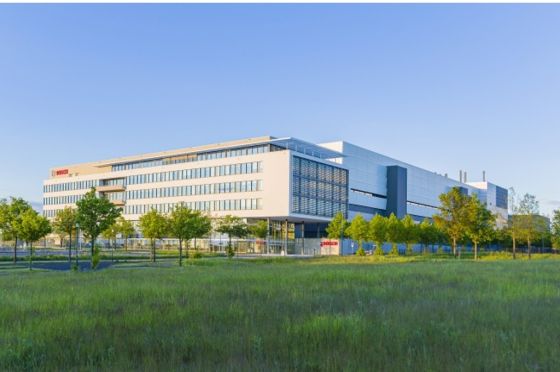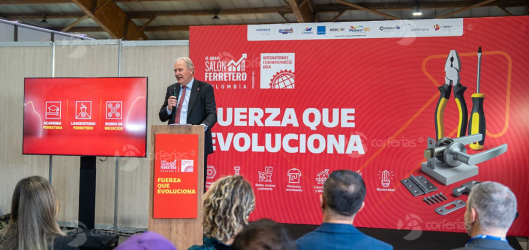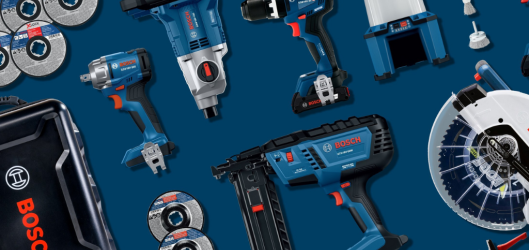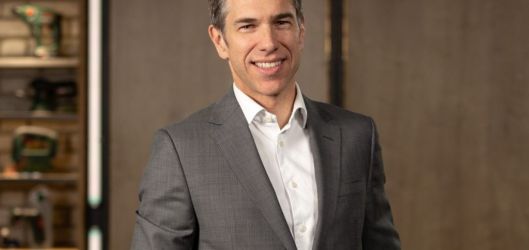
The Bosch Group has revealed that it has increased its sales and result significantly in 2021.
According to preliminary figures1, total sales rose 10 percent to 78.8 billion euros. After adjusting for exchange-rate effects, sales growth at the supplier of technology and services was 11 percent. Earnings before interest and taxes (EBIT) from operations increased by more than half to reach 3.2 billion euros. The EBIT margin from operations is therefore expected to be around 4 percent, compared with 2.8 percent in the previous year.
Dr. Stefan Hartung, chairman of the board of management of Robert Bosch GmbH said: “Our business performed much better in 2021 than expected. We were able to exceed our forecasts despite many challenges, such as cost burdens due to supply bottlenecks and price increases for raw materials. I would like to thank our associates for their commitment, and our customers, suppliers, and business partners for their trust.”
The company is continuing to invest large sums in strategically important fields, including a total of around 1 billion euros in microelectronics and electromobility this year alone. At the same time, Bosch is increasingly focusing on partnerships, such as the recently announced alliance with Volkswagen in the field of automated driving.
The Bosch chairman also expects the efforts of many countries to move toward a climate-neutral economy to significantly stimulate growth in the future: “Climate action is driving our business forward – from mobility solutions and industrial automation to building technology and home appliances,” Hartung said. “And thanks to connectivity and artificial intelligence, energy efficiency will continue to improve.” In this vein, Bosch was able to increase its sales of connected power tools, home appliances, and heating systems by 50 percent in 2021 – from 4 million units in 2020 to more than 6 million.
Additionally, Bosch is committed to the goals of the EU’s Green Deal. Its business sectors are already implementing a broad range of measures to combat global warming: With its 400 locations worldwide, Bosch has been climate neutral since the first quarter of 2020.
Between now and 2030, the company plans to cut carbon emissions along its supply chain – from purchasing to product use – by 15 percent. According to the Bosch chairman, electrification is already giving rise to more and more business. “We are generating billions in sales with electromobility. We’re also growing at double-digit rates with heat pumps for the home, and electrical drives are making inroads in industrial technology.”
Bosch is also tapping further growth potential in electromobility. Since the end of 2021, the company has been manufacturing power semiconductors made of silicon carbide (SiC), which can extend the range of electric vehicles by up to 6 percent. According to the market research company Yole, the SiC market as a whole will grow on average by 30 percent a year to over 2.5 billion dollars over the next three years. Dr. Robert Habeck, the German Federal Minister of Economic Affairs and Climate Action, recently visited Bosch’s Bamberg site to find out more about the mass production of the stationary fuel cell (solid-oxide fuel cell, SOFC). With its SOFC technology, Bosch is playing a role in the transition to renewable energy while opening up new business opportunities. By 2024, the company plans to invest more than 400 million euros in SOFC technology and a further 600 million euros in mobile fuel cells.
Bosch has also entered the factory equipment business for battery production. This business has potential: according to the company, the global battery market is growing by up to 25 percent annually. Together with Volkswagen, Bosch is looking into jointly making battery cell production processes ready for volume production. Hartung said: “Our common goal is for a European supplier to be the cost and technology leader in the volume production of battery technology.” Experts see the joint plans as an important step on the road to climate-neutral mobility and the mass production of sustainable batteries.



